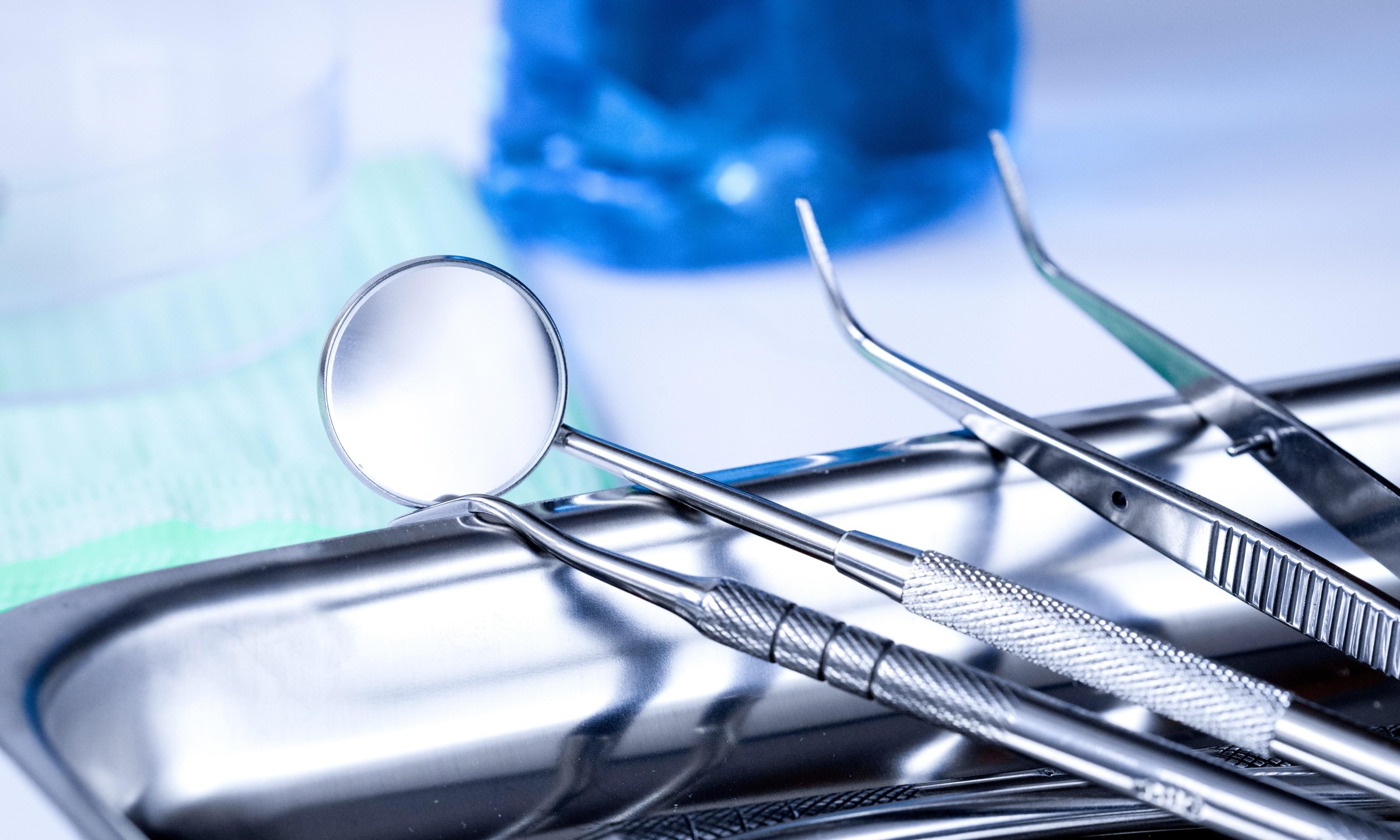What is Oral Surgery And Gum Disease?
Oral surgery includes a variety of procedures aimed at treating conditions affecting the mouth, including gum disease, also known as periodontal disease. This disease involves the inflammation and infection of the gums, which can lead to the deterioration of the supporting tissues and bone that hold your teeth in place. Treatment methods vary, combining traditional surgical techniques with modern laser technologies to offer effective solutions for both mild and severe cases.


